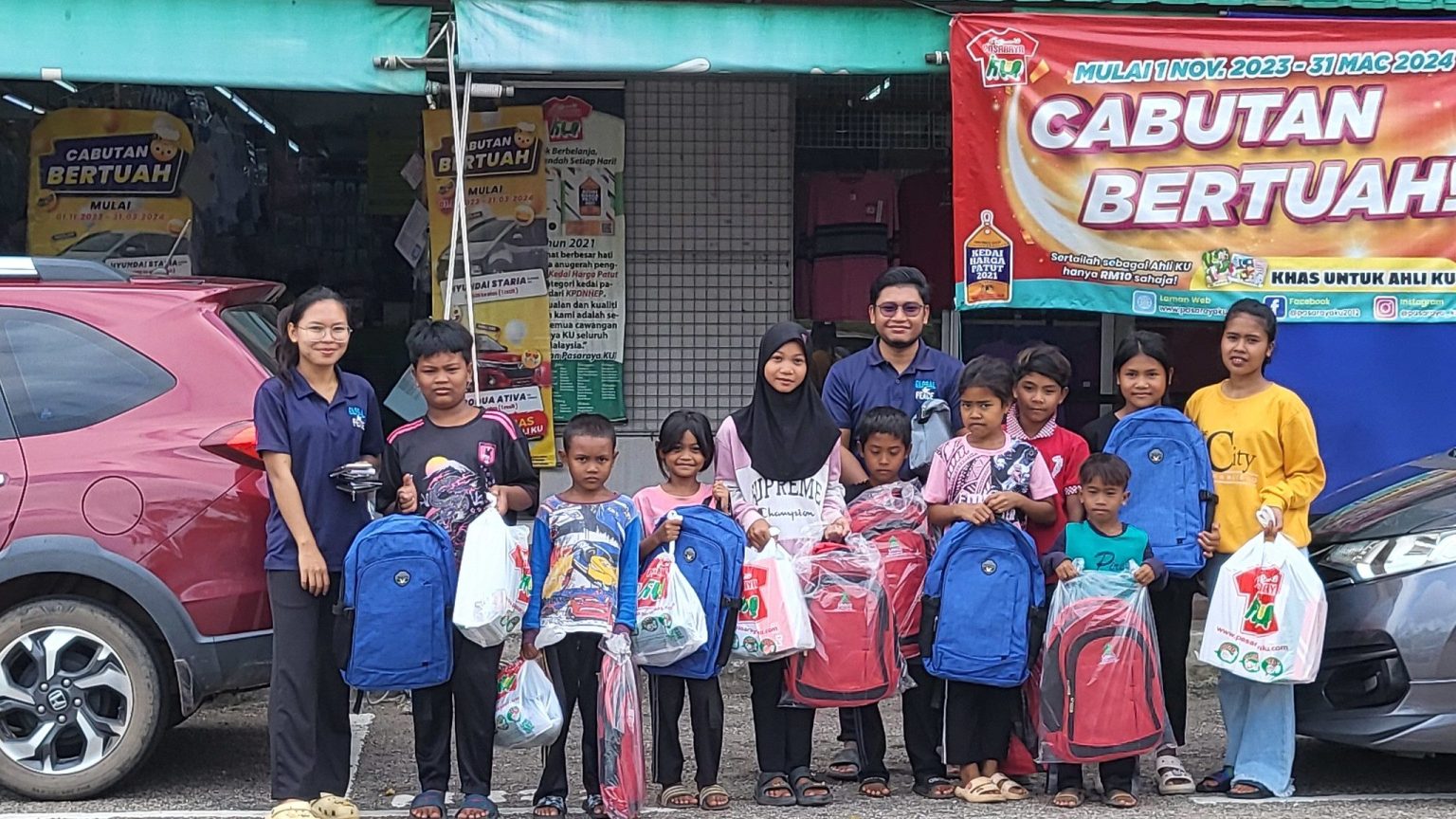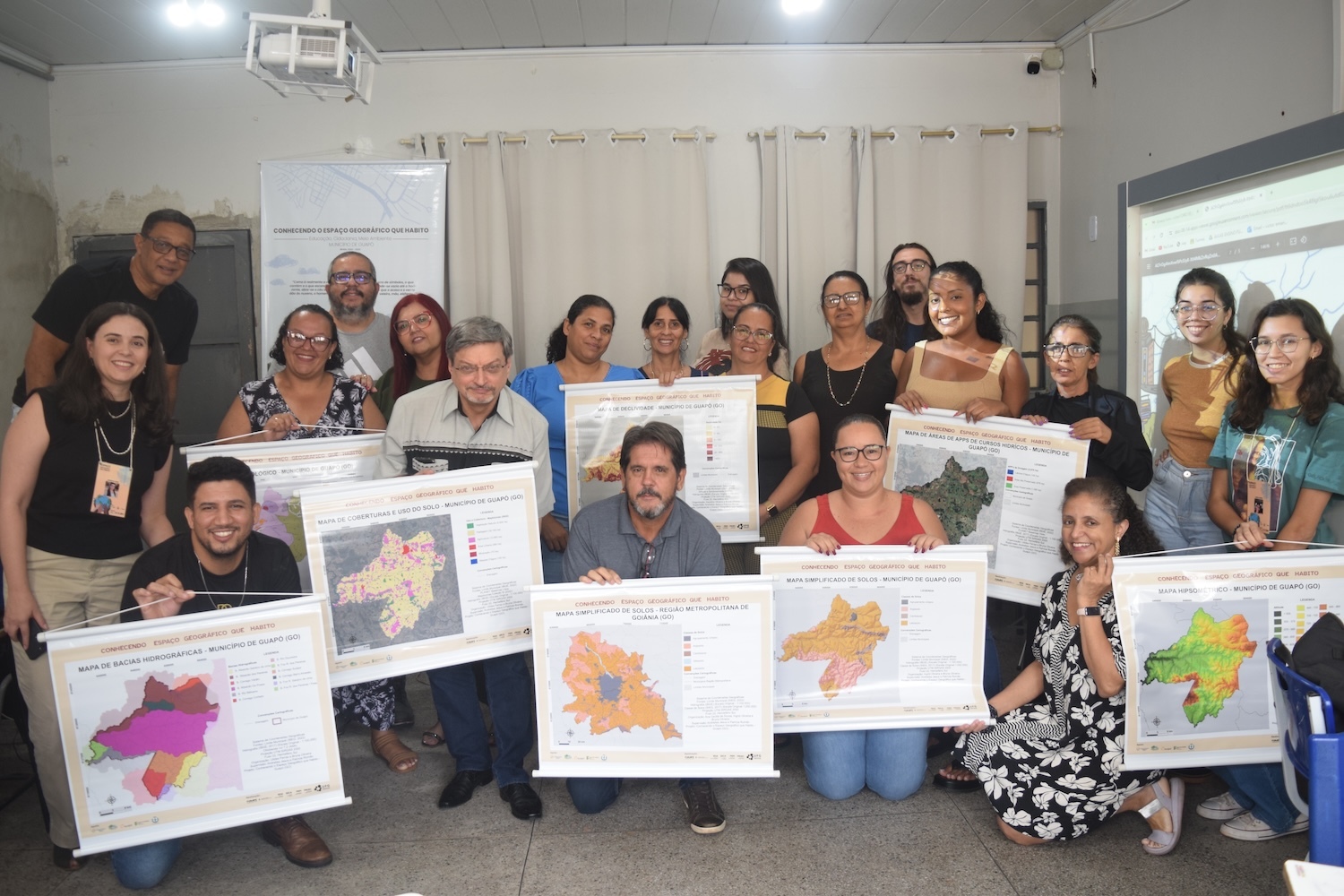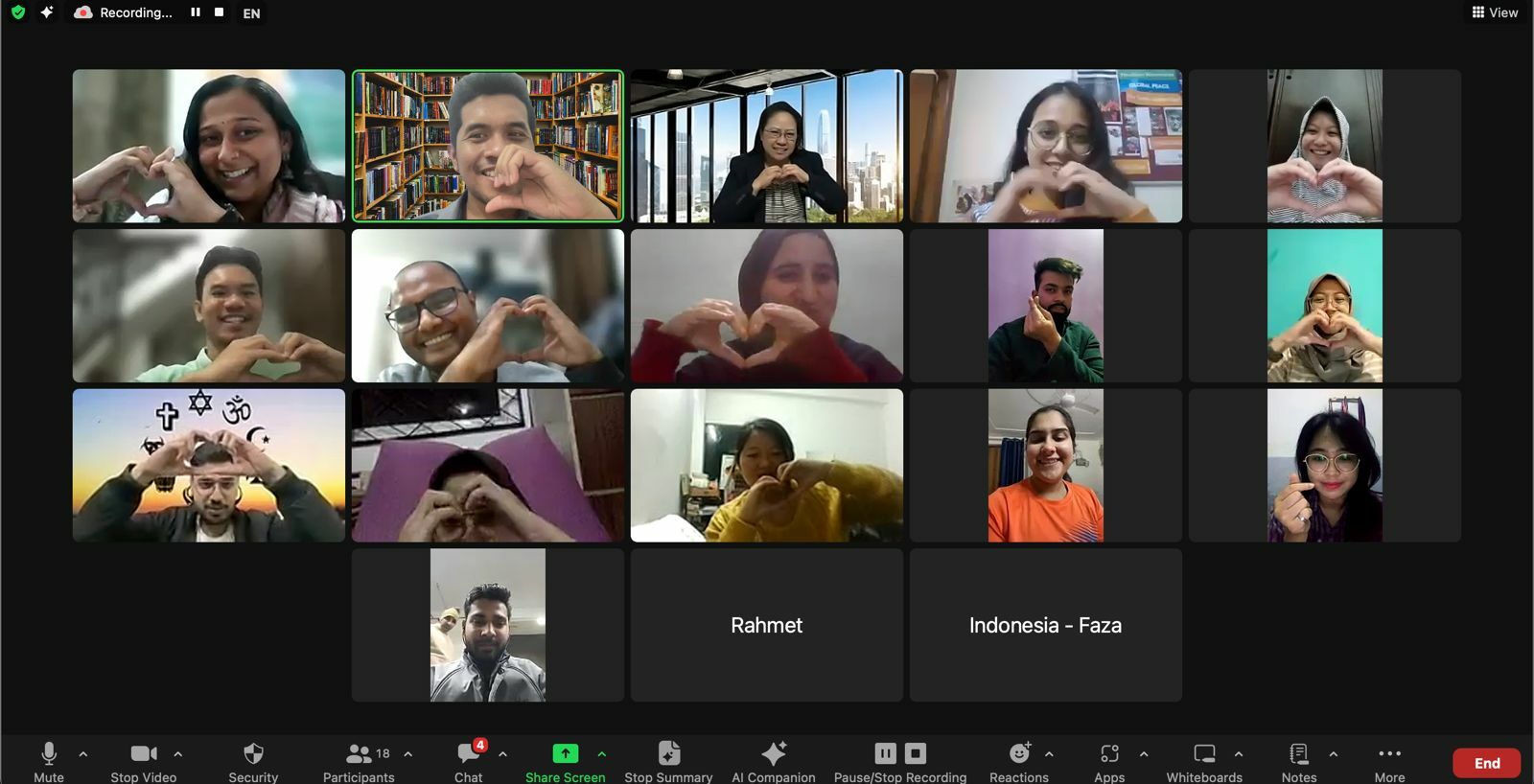The following letter is from Rev. Fr. Canice Chinyeaka Enyiaka, Ph.D. who serves as a Program Development Specialist for Interfaith and Community Outreach for Global Peace Foundation.
Without any military power, lobbying strategy, international diplomacy, disobedience to border crossing rules, or any form of coercion, COVID-19 has taken over the world stage in the last three months. From the local communities to the international stage, individuals, families, state and non-state actors are scrambling to contain, mitigate and confront a virus that disregards socioeconomic status, atomic and nuclear weapons of war as well as racial differential.
From Wuhan to Berlin, Washington DC to Paris, from Dublin to Abuja, Madrid to Seoul, and from Rome to Cape Town, it is a similar story of deafening silence, pain, and confusion. We see a puzzling world that is now frozen and standstill because of a blind virus that doesn’t see the social status of who it visits. We must acknowledge that this invisible enemy has demonstrated that territorial and national borders are critical but cannot exclusively protect us. It has pressed on us that the logic of exclusion and disregard for human dignity as most proponents of nationalism and populism argue cannot secure the future we desire.
COVID-19 has pushed peoples and nations to the edge, instilled fear, shaken the core of our position of strength. It has exposed our vulnerabilities and the emptiness of the powers we arrogate to ourselves as individuals, peoples, and nations. The virus calls us to rethink global peace and to flatten the curve of hate, conflict, and violence that plagues the human family. These unprecedented times invite the global community to reevaluate our priorities and to reflect on the essential things, especially the rebuilding and honoring of ‘relationships.’ The heroic actions of healthcare workers, first responders, and others on the frontline who put their lives on the line across the world to save lives invite us to the basics of “humanity” and “humanness” as we face the present challenges. Without the grocery-store stockers, the healthcare workers, the farmworkers, the first responders, we would be in a more precarious situation by now. The virus has shredded what we call power and might literarily, as kings and princes struggle for ventilators with the common man. At present, 1,760,978 people are fighting for their lives today, with 101,775 recorded deaths globally. The world is hurting, not as white or brown or black. The challenge we face is not defined as the global north or south but as a worldwide pandemic.
The impact of COVID-19 on the collective life of the global community, without respecting the territorial integrity of sovereignties and total disregard of border closures, reminds us of our shared humanity. It challenges us to remember that we are ‘one family under God’ irrespective of socially constructed notions of human differential which individuals and groups have used to perpetuate oppression, exploitation and divide over the centuries. The virus is challenging the ideologies of extremism, xenophobia, Islamophobia, and anti-Semitism as it crosses all the lines they drew and have tenaciously protected.
The global pain of the moment is a clarion call to act in solidarity and return to the power of the common good as we see human helplessness that only speaks to the importance of our interdependence. Families and friends have helplessly seen their loved ones pass without the ability to visit or be there for them in their last moments. Funerals are done without the presence of family members and friends. The distancing brought about by the virus has shown how valuable the relationships we have always taken for granted are. The pain of the moment seems to be vibrating across the globe, inviting us to pull resources together to build a more peaceful, just, and sustainable human family. It calls our attention to the direction of a future based on time-honored values and the power of the human spirit. This moment calls for renewing underlying human security and solidarity that uphold the equality of life of the child in the slums of Yemen and every person in the world. The lives of the persecuted Rohingya minority cannot be treated as tools for diplomatic bargain and profit.
Across the globe, healthcare workers and scientists are working hard to save lives and to find the vaccine for the cure of COVID-19. They are living and renewing the globalization of compassion and seeing everyone in the world as our brothers and sisters. It is the soul of solidarity and commitment to the common good. They are the champions of the real human spirit that defines us as ‘one family under God.’ Among other things, their message is that we can return to the roots of our shared heritage, where safeguarding human dignity through solidarity and human security is imperative. A call to the vision of a human family where priority is given to the child who did not die of malnutrition; to diseases that did not go around like COVID-19; to a sound health system that did not neglect the poor.
Their message calls our attention to the girl that was not sexually violated during conflict; the community that was not forced to be refugees; the child that did not live without a proper education; a strained ethnic relationship that did not erupt; and a human spirit that was not silenced.
Last month, the UN Secretary-General said, “The fury of the virus illustrates the folly of war” (Guterres, 2020) as he called for a cease-fire in the face of the pandemic. Some member states have endorsed his call for a cease-fire within this period. Parties to the conflict in Cameroon, the Central African Republic, Colombia, Libya, Myanmar, the Philippines, South Sudan, Sudan, Syria, Ukraine, and Yemen have all accepted his appeal. I think that the cease-fire should go beyond this moment and open the space for more dialogue and other means of dealing with disagreements with resorting to violence.
Local and national structures need to maximize collaboration with regional and international regimes and governments to access human, social, economic, and cultural resources to build a future we all can be proud of.



